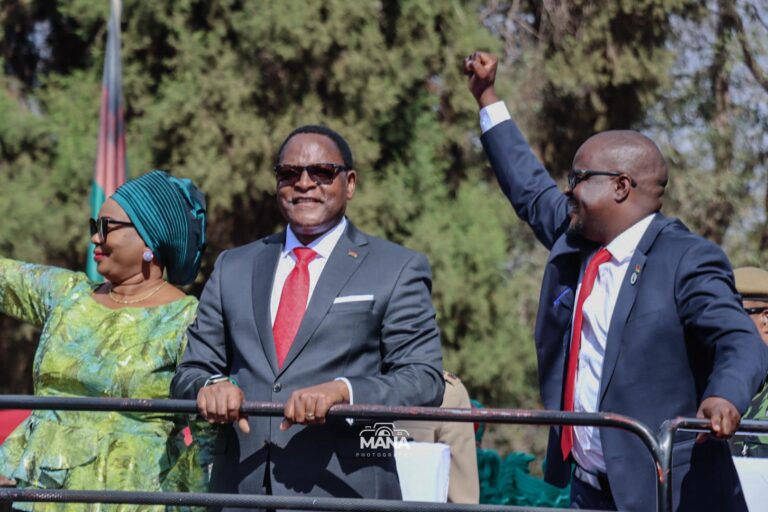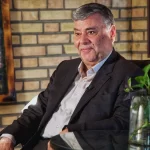The 2025 elections in Malawi are less about ideological divides and more about coalition-building, leadership credibility, and economic survival. The outcome will determine whether Malawi sustains its democratic trajectory—or slips into polarization and contested governance at a time of acute economic and social vulnerability.
- Malawi’s democracy, hailed after the 2020 re-run, faces a crucial test. Rising campaign violence, mistrust in institutions, and the risk of contested results could erode democratic credibility if not carefully managed. Severe economic hardship—inflation, forex shortages, and drought-driven food insecurity—dominates the campaign.
Public frustration with corruption and governance failures may tilt voters toward candidates promising economic stabilization and reform.
Who’s Running (Confirmed)
- Lazarus Chakwera (Malawi Congress Party, MCP) – the incumbent president running for a second term; allied previously with UTM, now solo after UTM’s withdrawal.
- Peter Mutharika (Democratic Progressive Party, DPP) – former president (2014–2020); endorsed by DPP; running mate: Jane Ansah (former Electoral Commission Chair
- Joyce Banda (People’s Party, PP) – former president (2012–2014); launched her campaign under “A.Ma.Y.I.” platform with focus on youth and women; running mate: Khumbo Kachali.
- Dalitso Kabambe (United Transformation Movement, UTM) – ex‑central bank governor; now UTM leader; running mate: Matthews Mtumbuka
- Atupele Muluzi (United Democratic Front, UDF) – party leader; declared candidacy with running mate Dr. Rex Kalolo.
- Plus several additional candidates from smaller parties, totaling 17 confirmed presidential candidates
- Highly Competitive Landscape
- With 17 presidential candidates, but realistically a contest between incumbent Lazarus Chakwera (MCP)and former president Peter Mutharika (DPP), the race is fragmented and almost certain to head into a second-round runoff under the 50%+1 system.
- Fractured Alliances, Kingmakers Emerging
- The collapse of the Tonse Alliance has weakened Chakwera, while Mutharika benefits from a revitalized DPP base.
- Joyce Banda (PP) and Dalitso Kabambe (UTM) are positioned as kingmakers: whichever side secures their backing in a runoff will likely clinch victory.
- Possible Outcomes
- Mutharika comeback if opposition consolidates.
- Chakwera narrow survival if he rebuilds bridges with UTM and PP.
- Contentious aftermath if results are close, raising risks of protests or legal disputes.
The Frontrunners
- Opinion polling (July 2025) shows Peter Mutharika leading with ~43% public expectation of victory, while Chakwera stands at ~26
- This suggests a tight race, with Mutharika holding an edge in public perception.
Domestic Landscape & Election Context
Political Environment
- This is the second election under the 50% +1 rule, following the 2020 Court-ordered re-run
- UTM’s exit from the ruling Tonse Alliance weakened Chakwera’s coalition.
- Civil society concerns include threats to press freedom, opposition campaign access, and fairness across the board.
- Growing political tension and incidents of violence during campaigns raise alarms about democratic regression.
- A peace declaration signed in Lilongwe (Aug 2025) signals efforts to counter campaign-related violence.
Social & Economic Context
- Malawi faces a drought-driven economic crisis, food insecurity, youth unemployment, and inflation exceeding 20
- The economy remains fragile: growth projections dropped from 4% to 3.2%, with foreign exchange shortages affecting essential imports.
- Long-standing structural issues persist: corruption, poverty, failing institutions, and urban mistrust in leadership.
Campaign Focus & Policy Priorities
Based on candidate platforms and public discourse:
- Economic stabilization: tackling inflation, forex shortages, expanding agriculture/tourism/mining for FX earnings.
- Anti-corruption reform: Reinvigorating institutions like the Anti‑Corruption Bureau (ACB); restore public trust
- Youth employment & education: Especially emphasized by Joyce Banda (A.Ma.Y.I. campaign) focusing on free secondary education and youth business support
- Electoral integrity: Strengthening MEC credibility, legal frameworks, public trust in vote counts
Possible Outcomes (Given Electoral Framework)
Given the 50% + 1 threshold and the multiparty field:
- *outright win (less likely): If a candidate like Mutharika or Chakwera consolidates support and avoids a runoff.
- Second-round runoff (high likelihood): Especially if vote share fragments—runoff within 30 days expected.
- In a runoff, coalition dynamics matter—UTM or UDF endorsements could swing results.
- Post-election risks: Disputed results, protests, or claims of rigging could test democratic resilience. Domestic observers and legal institutions will be critical in legitimizing the outcome
| Category | Insights |
| Candidates | Chakwera (incumbent), Mutharika, Banda, Kabambe (UTM), Muluzi (UDF), others |
| Front-runner | Mutharika in lead per polls (~43%), Chakwera ~26% |
| Situation | Economic crisis, political fragmentation, electoral tension |
| Policy Priorities | Economy, anti-corruption, youth & education, electoral integrity |
| Outcomes | Likely runoff; coalition shifts critical; institutional resilience key |
Since no single candidate looks positioned to cross the 50% +1 threshold outright, the runoff will be shaped by alliances among the five major contenders.
1. Baseline: The Leading Camps
- Peter Mutharika (DPP) – polling lead, strong base in the Southern Region. Needs allies to expand into Central and Northern Regions.
- Lazarus Chakwera (MCP) – incumbent, weakened after UTM’s withdrawal. Holds Central Region core. Needs alliances to overcome incumbency fatigue and economic frustration.
- Joyce Banda (PP) – former president, with residual support networks, especially among women and youth. Can’t win outright but could be a kingmaker.
- Dalitso Kabambe (UTM) – appeals to technocrats, younger urban voters. Breakaway from Tonse Alliance weakens Chakwera.
- Atupele Muluzi (UDF) – legacy appeal from father’s era, some base in the Eastern Region. Vote share is small, but strategically important.
2. Potential Coalition Scenarios
Scenario A: Opposition Consolidation (Mutharika + Banda + UDF)
- Logic: Banda’s PP and Muluzi’s UDF could swing behind Mutharika to defeat the incumbent.
- Impact: Would create a powerful Southern + Eastern + parts of Central coalition.
- Likelihood: Medium–High, since Banda and Muluzi are historically closer to DPP than to MCP.
Scenario B: Incumbent Survival (Chakwera + Banda + UTM)
- Logic: Chakwera secures Banda’s women/youth support and reconciles with Kabambe’s UTM.
- Impact: Stronger in Central Region, plus urban youth vote. Could offset Mutharika’s Southern dominance.
- Likelihood: Medium, but strained: UTM left Tonse Alliance precisely due to mistrust of MCP.
Scenario C: UTM as the Decisive Swing
- Logic: Kabambe’s UTM aligns with whichever side offers more in terms of economic reform portfolios or cabinet posts.
- Impact: Could provide 8–12% swing nationally, enough to decide a runoff.
- Likelihood: High – UTM is small but pragmatic, already proven by breaking Tonse Alliance.
Scenario D: Fragmented Opposition, No Major Coalition
- Logic: Banda and Muluzi stay neutral or fractured; UTM negotiates late.
- Impact: Voter fatigue favors incumbent advantage, even in a weak economy.
- Likelihood: Medium–Low, as smaller parties know irrelevance awaits without coalition deals.
3. Domestic Policy Bargaining Chips in Coalition Talks
- Economic portfolios (Finance, Trade, Energy) → highly sought to control forex shortages and inflation response.
- Anti-corruption reform promises → Banda and UTM demand institutional guarantees.
- Social policy pledges → free secondary education, youth entrepreneurship, women’s empowerment (Banda’s core agenda).
- Regional equity → appointments and development funding for North & East will be traded in coalition talks.
4. Possible Outcomes
- Mutharika Returns – most plausible if DPP secures Banda + UDF (and even part of UTM).
- Chakwera Survives Narrowly – possible only with a strong Banda + UTM alliance and heavy turnout in Central Region.
- Hung/contested legitimacy – disputed results, protests, or court petitions are possible if the runoff is close.
✅ Key Insight: The runoff will likely be decided not by Mutharika or Chakwera’s base, but by the kingmaking role of Joyce Banda (PP) and Dalitso Kabambe (UTM).
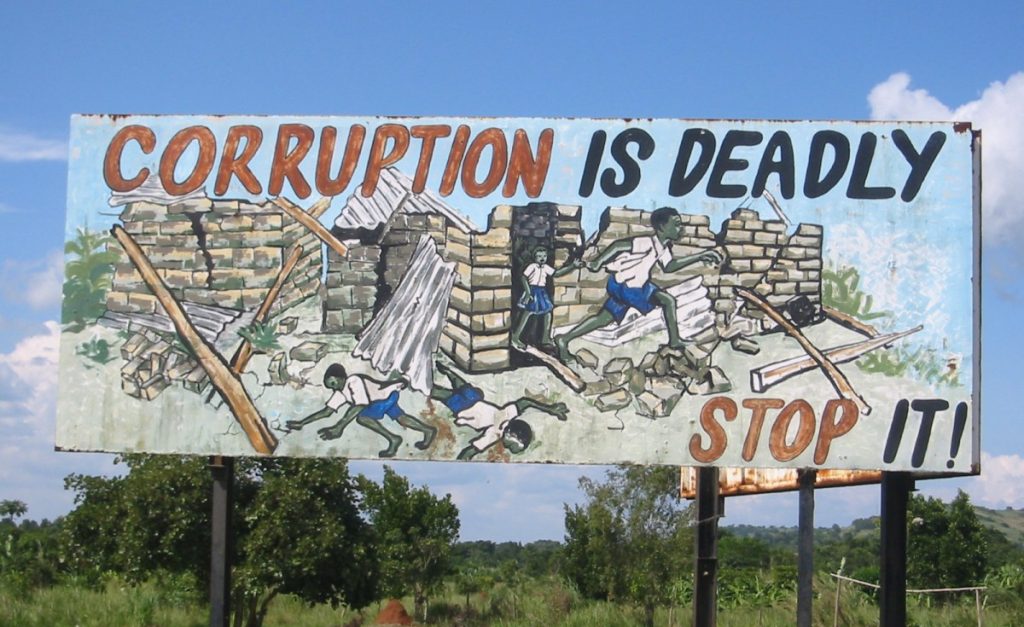
More on this story: Malawi: Corruption as a Threat to Democracy
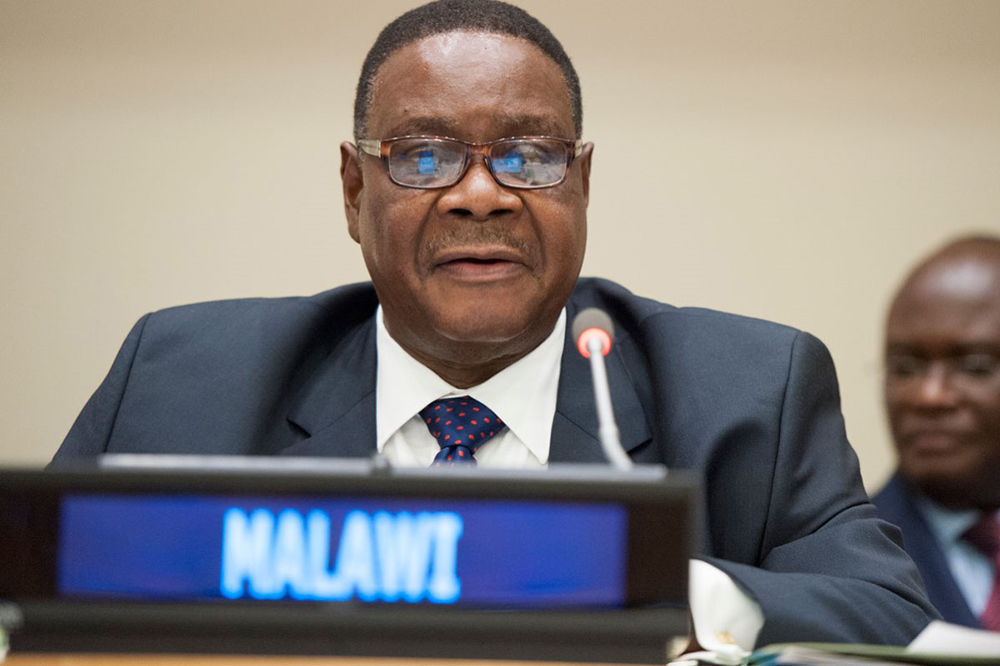
More on this story: Malawi Constitutional Court judgement challenges country’s democratic future
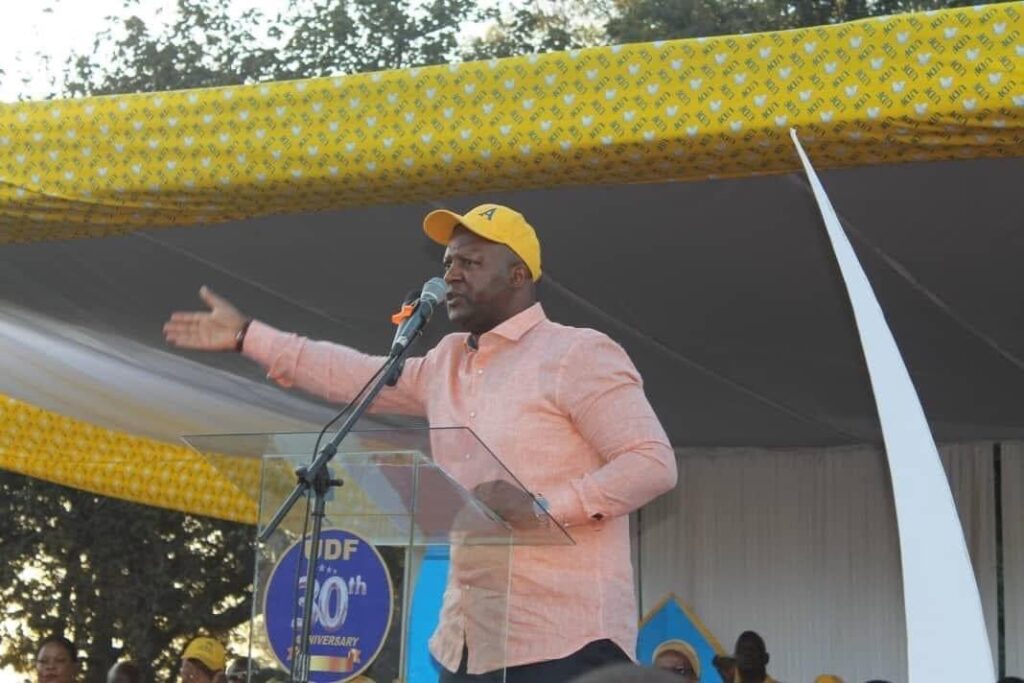
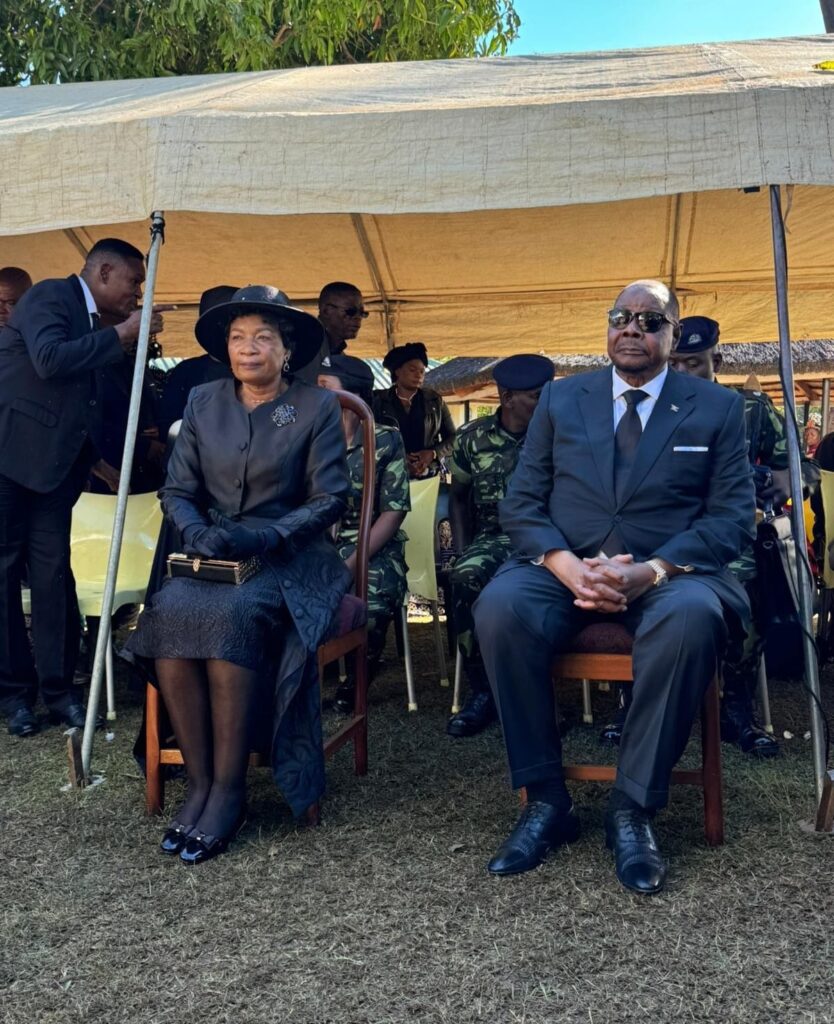
More on this story: Signs of possible Mutharika’s comeback to power next year in Malawi
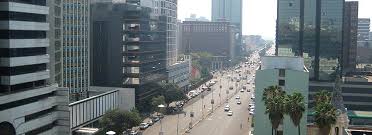
More on this story: Economic Diplomacy, an Opportunity for Malawi


